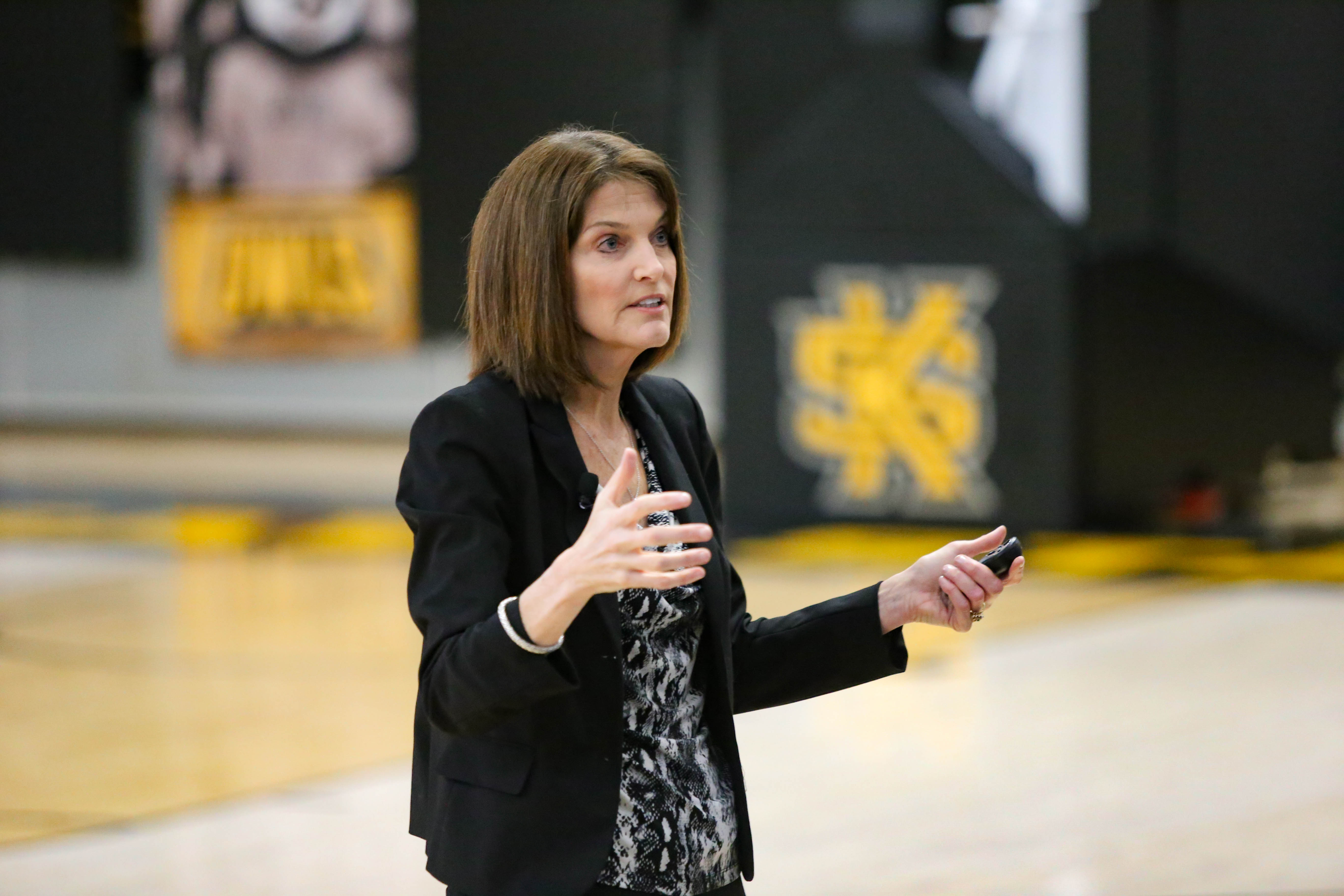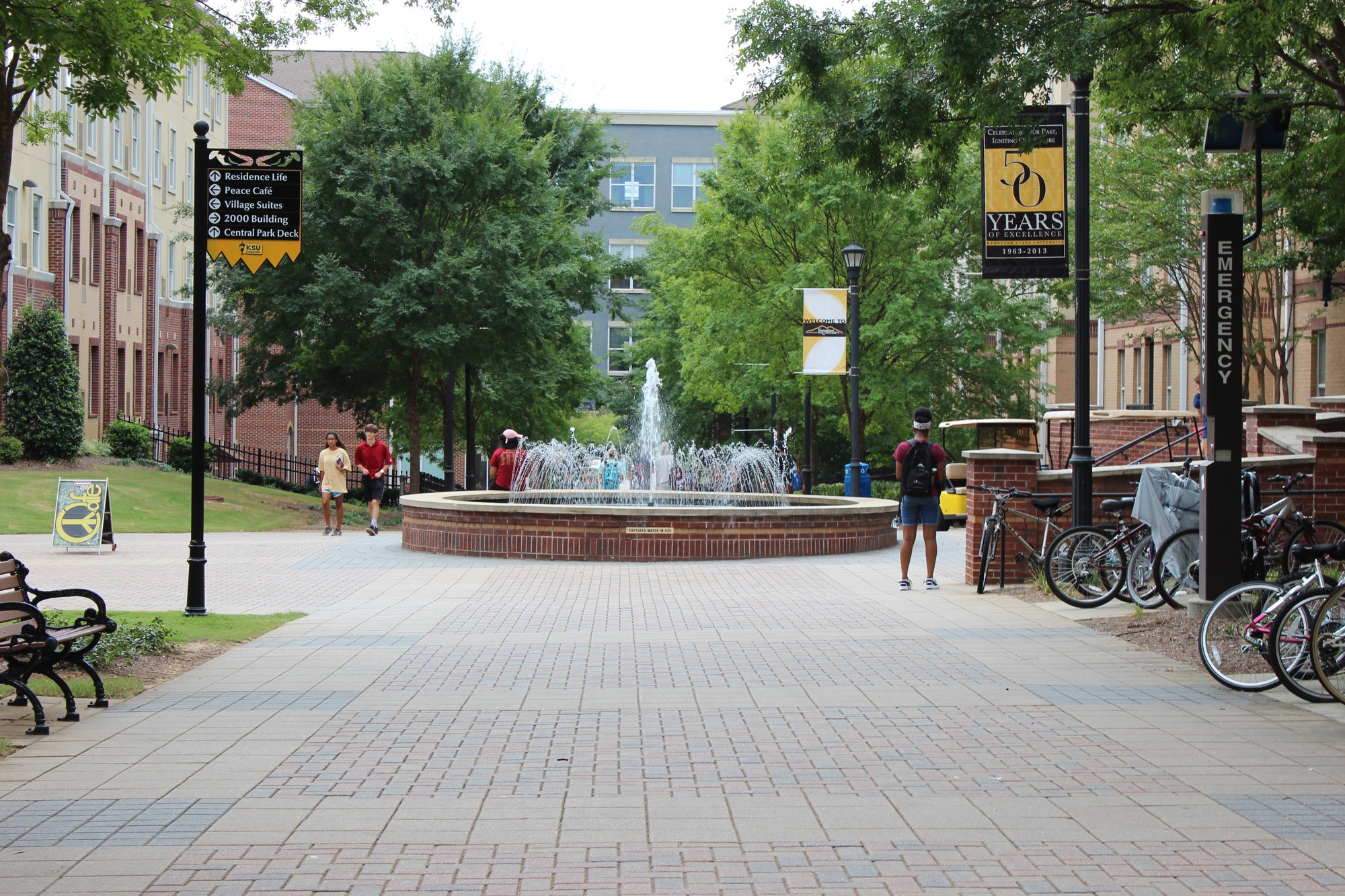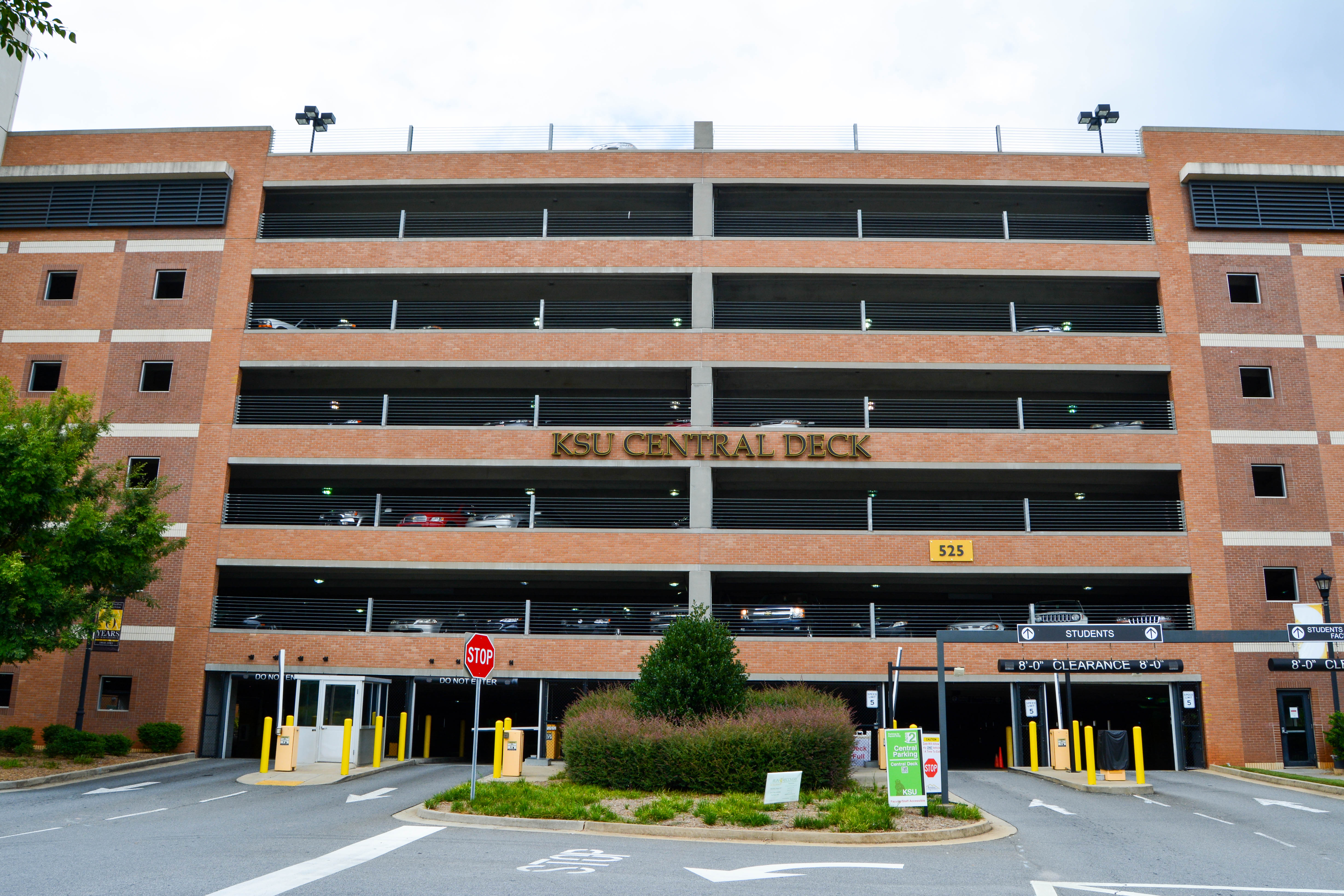A community garden will bring the KSU community together and promote the wellbeing of pollinators on campus.
Though many may not realize it, pollinators — specifically bees — are an integral part of the way society functions. Unfortunately, these essential creatures are currently in danger.
By starting a community garden, Kennesaw State would have the chance to create positive change in the world by bringing together the community and helping pollinators.
Pollinators — including bees, birds, bats, beetles, butterflies, moths and so many more — are responsible for keeping up to 90 percent of the plants on Earth alive, according to Planet Bee.
Beyond having such significance to nature, these pollinators play an integral role in keeping the economy functioning. The human way of life relies on crops for food, clothing and medicine. In addition to helping produce $217 billion every year for the global economy, pollinators also account for 75 percent of the main crop supply humans are dependent on.
Unfortunately, honey bees — one of the most significant pollinators — are in danger. Between 25 and 30 percent of bee colonies are lost every year to colony collapse disorder, according to ComVita. These colony deaths are due to neonicotinoid pesticides used pervasively in agriculture.
The KSU community can make a difference in the preservation of pollinators by starting a community garden on campus. On top of the environmental benefits, students would benefit from being able to engage in their community and improve their campus.
Incorporating more than just beauty, community gardens have actually been found to introduce a more diverse bee population. After the Lurie Community garden was started in Chicago, a particular species of bee — the Lasioglossum michiganense — began making appearances in the city, according to Yale Environment. This bee had never been seen anywhere near Chicago before.
By starting a garden at KSU, new species of bees could gather, which would mean a more diverse bee population. A more diverse population means greater opportunity for survival, according to Pacific Standard Magazine.
Steps to save the bees do not require an abundant plot of land like the Lurie Garden in Chicago. Helping the bees — and other pollinators — can be as simple as installing a few flower boxes in your windows, according to The Honeybee Conservatory. By planting a whole community garden with flowering plants like lilac, hosta, witch hazel and bee balm, KSU has the potential to make a significant impact for local pollinators.
Installing a community garden would also give KSU employees and students another reason to come together in positivity and unity. Along with forming strength within the community, gardening could also assist physical and mental health, according to Healthline.
“[Gardening is] actually pretty therapeutic,” junior finance major Jaime Mata said. “I wake up every morning and the first thing I do is water my plants.”
Humans’ wellbeing and economy is largely dependent on plants, and the creatures that pollinate them. Ensuring the wellbeing of these species is crucial to the preservation and upkeep of nature. By constructing a community garden, KSU will be providing a sanctuary for these hardworking bees and other pollinators, and it is the least that can be done for these hard workers.



